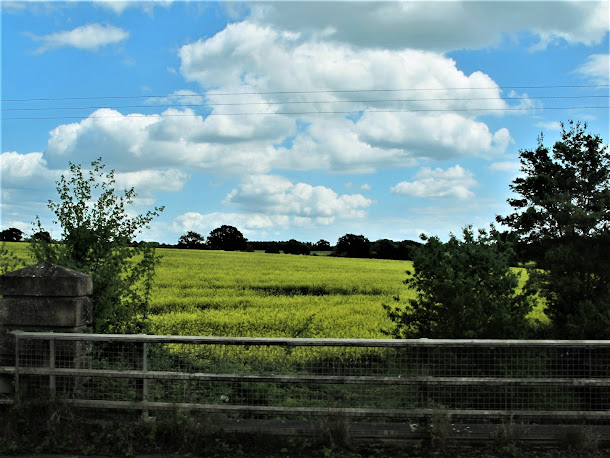This is a very interesting book.
Rory Stewart, a diplomat, a man who has planted thousands of trees, spent time as a Governor in Iraq, a man who has walked over almost all Asian nations, decided, having lived in Afghanistan for three years to walk across northern Afghanistan in winter! This book describes his travels and is well worth a read.
His ability to speak local languages, or at least part so some, opened doors in the way a non speaker could not make progress. His understanding of Islam and how the villagers lives, especially as he was walking during 2002 just after the end of the Taliba war, enabled him to live overnight under locals hospitality.
Accompanied until around the halfway mark, and against his will, by a couple of security men, whose real role he often wondered about, especially as they brought their sick friend along, he trecked across the northern trail in increasingly cold weather. By half way through the snow was lying thick and never let up until he reached kabul.
Rory followed the route taken some 500 years before by the Moghul Emperor Barbur from Herat to Kabul as he headed towards invading India. He too travelled in winter, though he had a large retinue following him. His work is quoted throughout the book.
Afghanistan society is divided among many tribes, all following a form of Islam though age old culture is the real influence here. Indeed, in some places Rory discovered few if any could read, and as the Koran is written in Arabic which few spoke, this was a handicap. Nnetheless all prayed at the right time, many were anxious about Rory and whether he was Islamic (he lied quite a few times to remain alive) and only those who had gone into Kabul, Pakistan or Iran had a view on something of the outside world. Only one tribe, much harmed as all others were by the wars, whether with Russians, Taliban or one another, with blood feuds going back into eons, only one tribe allowed women freedom to speak and join debates.
At Chagcharan Rory loses the remain companion, the two others had failed long before, and he was at last free to walk, as he had always intended, alone to Kabul. Here however he met the British Army as a large airbase had been established here. The cockney voices intrigued him after not hearing English from the villagers, especially as they all considered him, quite rightly, mad!
They however, did feed him and his new dog Barbur, which he had been sold somewhat unwillingly, on his travels. Barbur is a Mastiff, used to protect the people and sheep and cattle, when they actually had them, or as fighting dogs. Badly treated by the locals, as they had little consideration for their animals, or those they had left after the fighting, and Barbur was very timid when Rory raised his stick, all walkers require them, to fend of packs of dogs that attacked them on the road. Years of abuse not easily forgotten.
In spite of those who favoured the Taliban hindering the journey Rory reaches Kabul and his friends there. His dog, which he had sent on ahead before he entered the last tribal area, they would not have allowed the dog to survive, enjoyed Kabul. Here the friends fed him meat, on the journey little food was found, mostly dry bread, and the life of Riley was now available to the dog. Sadly, he was given a sheeps bone, something he was unused to eating, and shreds of bone entered and rupruted his stomach and he died.
Rory Stewarts prose enables us to walk with him through deep snow, very unfriendly areas, passing through high mountain passes blocked by snow that sensible people would avoid, and receive somewhat grudging hospitality from poverty stricken villagers who had little hope or expectation of a better life. For eons Afghanistan, and Pakistan, have nursed mountain people into their own culture. The idea of imposing western democracy upon this is laughable, but far too many tried. This book reveals the heart of the country, the villagers outside the cities, the one who support much of the Talibans ideas, partly because this ensured some peace, partly because they are their people. The west had no chance to improve the lot of many as wished, because they were dealing with people but not their culture. That culture will not change easily, especially today with the Taliban once again in charge.
Interesting to me was how this reflected the book of Judges, and the tribal society of early Israel. The people followed generally one Law, were mostly an agricultural village society, fought more with one another than those outside, had their local leaders rather than national, and were open to all sort of outside influences, but wished to remain themselves at all times.
We could learn much about the world and real life from this book. I recommend it.

















































